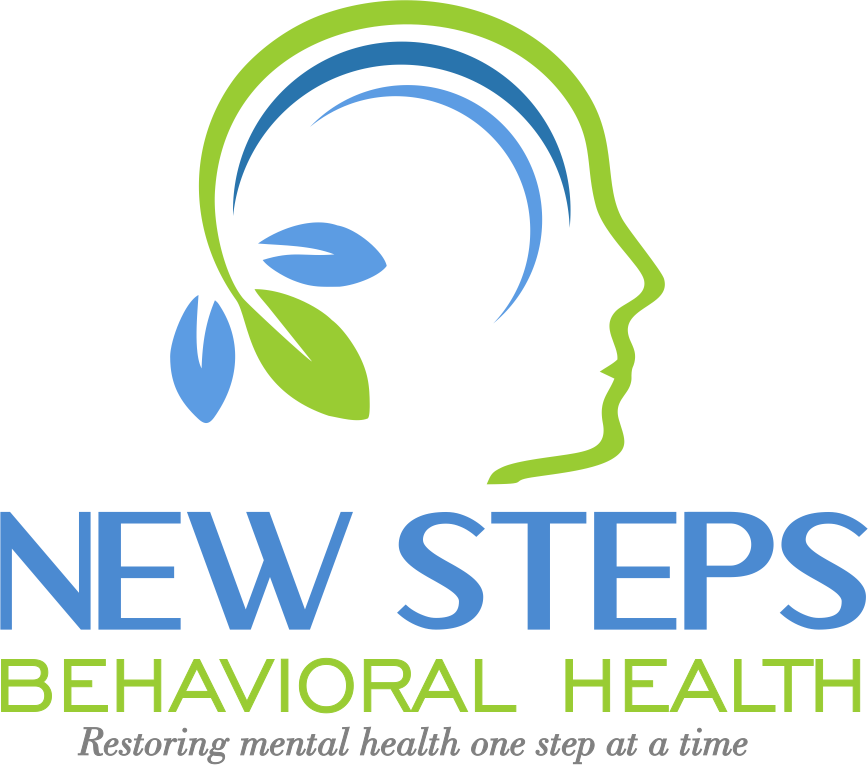Useful Tips To Help Manage Triggers
“When triggered, it is essential to survive the immediate short-term (distress tolerance) of frustration and pain before you end up creating a long-term situation of frustration and pain.” - Steffon Staley
We’ve all been there. You’re sitting at home, enjoying some peace and quiet and you receive a confrontational text. You go from zero to 100 in less than a second. Heated, you respond as fast as you can, hoping to have the last word, and, for an hour of your life, you’re engaged in an intense back and forth attacking and defending your views via text message. This is what it’s like to fall victim to the powerful psychological phenomenon called triggers.
What is a trigger?
A trigger is something that sets off a series of events, often activating intense feelings, thoughts and actions based on past traumatic experiences. Triggers can come in the form of people, sounds, smells, specific conversational phrases, accusations, lies and violations to name a few things. Some triggers activate very powerful and intense emotions in the brain that lead people to behave irrationally. When certain psychological triggers are activated, they force predictable behaviors and all other cognitive, visual, and sensory information is ignored; i.e. common sense.
The keys to learning how to manage your triggers are:
Become an expert scientist on what triggers you. Take note of the things that affect you and how you respond to them.
Learn to master your psychological triggers
Share your triggers with your tribe (family, friends, co-workers, lovers). If you don’t communicate with them, they don’t know how to help you and they won’t know to be mindful in their relationship with you.
Remind those in your tribe that you are learning to not be “activated” when you are triggered
Ask for forgiveness when you are triggered and respond in an unhealthy manner
Search for solutions to reduce the likelihood that you will be triggered.
Schedule a Session with Mr. Steffon E. Staley to help you process all the above!
Practice harnessing the mental fortitude to tolerate psychological triggers:
Meditation/prayer
Healthy coping mechanisms
Positive self-talk
Engaging meaningful people and activities to help you cope
It is not a matter of “if” I am triggered, it is a matter of “when” I am triggered.
